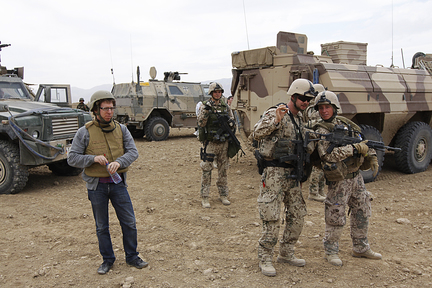On the fall of Kunduz - Christina Goldbaum, Najim Rahim, Sharif Hassan and Thomas Gibbons-Neff in NYT:
‘Kunduz, the capital of a province of the same name, is a significant military and political prize. With a population of 374,000, it is a vital commercial city near the border with Tajikistan, and a hub for trade and road traffic.
“All security forces fled to the airport, and the situation is critical,” said Sayed Jawad Hussaini, the deputy police chief of a district in Kunduz city.
Clashes between government forces and Taliban fighters were continuing in a small town south of the city, where the local army headquarters and the airport are situated, security officials said.
“We are so tired, and the security forces are so tired,” Mr. Hussaini said. “At the same time we hadn’t received reinforcements and aircraft did not target the Taliban on time.”
Security forces, who had retreated to the town earlier in the morning, began an operation to flush Taliban fighters out of the city on Sunday evening, according to security officials.
In the two preceding days, the Taliban had taken two other provincial capitals: Sheberghan, the capital of Jowzjan Province in the north, and Zaranj, the capital of Nimruz Province on the Afghanistan-Iran border.
The Taliban briefly seized Kunduz in 2015 and again in 2016, gaining control of a province for the first time since American forces invaded in 2001. Both times, Afghan forces pushed back the insurgents with help from American airstrikes. Kunduz is also where an American gunship mistakenly attacked a Doctors Without Borders hospital in 2015, killing 42 people.
Since the U.S. withdrawal began, the Taliban have captured more than half of Afghanistan’s 400-odd districts, according to some assessments. Their attacks on provincial capitals have violated the 2020 peace deal between the Taliban and the United States. Under that deal, which precipitated the American withdrawal from the country, the Taliban committed to not attacking provincial centers like Kunduz.’
Read the article here.
In 2011 I traveled to Kunduz, via Kabul, to visit the German army, the Bundeswehr.
On the other side of the base Dutch soldiers and police officers were training Afghan men and women to become police officers.
The German press officer said: ‘Those trainings are a bit too absurd.’
Even absurdities in war zones have a limit.
